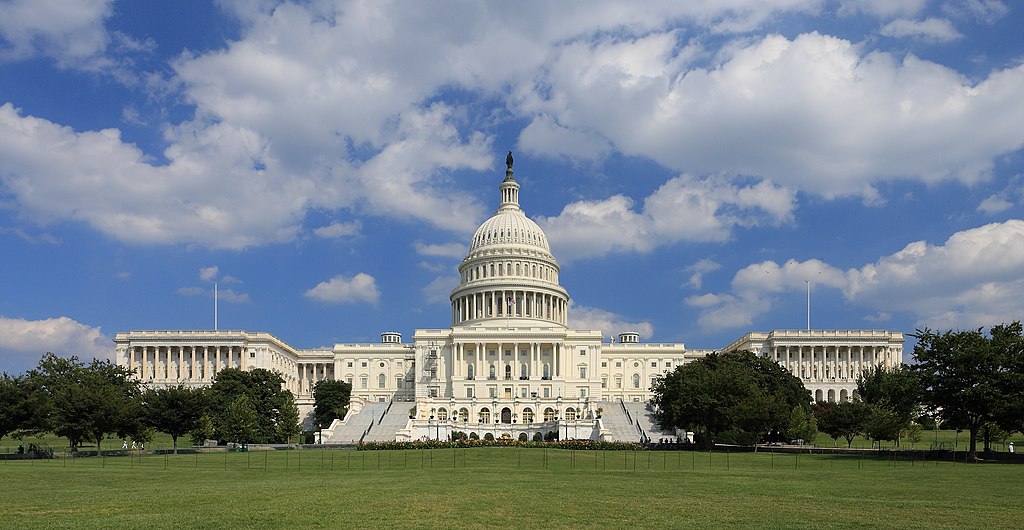North Carolina lawmakers have taken a major step toward integrating Bitcoin into the state's investment strategy. On Wednesday, the state House of Representatives passed a bill allowing public funds—potentially including the state’s $129 billion pension fund—to invest in Bitcoin, the world’s leading cryptocurrency by market cap.
The pension fund, which supports over a million North Carolinians including teachers, firefighters, and law enforcement officers, currently holds a diversified portfolio consisting of public equities, fixed income, real estate, and alternative assets such as private equity. The newly passed legislation proposes that up to 5% of the fund may now be allocated to Bitcoin, marking a significant shift toward digital assets.
Originally, the bill sought to allow a 10% allocation but was revised to a more conservative 5%. To address security concerns, the legislation requires Bitcoin holdings to be managed through a secure custody solution rather than being solely overseen by the state treasurer.
Only Bitcoin qualifies under the bill’s requirements, which include a minimum market capitalization threshold of $750 billion—effectively excluding other cryptocurrencies from eligibility.
The House approved the bill by a vote of 71-44, moving it forward in the legislative process. If passed by the state Senate and signed into law, North Carolina would become one of the first U.S. states to permit public pension funds to gain direct exposure to Bitcoin.
The move follows growing institutional interest in crypto assets and echoes similar actions by asset managers offering Bitcoin-based ETFs. As digital currencies gain traction in traditional finance, North Carolina’s decision could set a precedent for other states evaluating cryptocurrency as a viable long-term investment.


























Comment 0